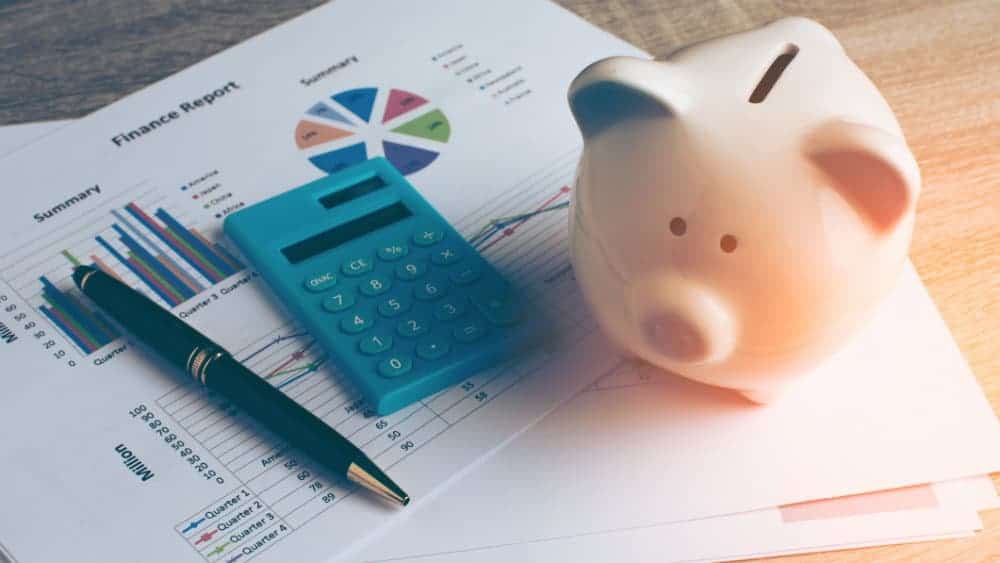If you want to borrow money, your two main options are applying for a loan or a line of credit (LOC). But what’s the difference between these options, and when might a LOC be right for you? Let’s take a look, starting with the basics.
What is a line of credit?
A LOC is a type of loan, but it’s a little different from a normal personal or business loan.
- If you take out a loan, you get a lump sum and a certain amount of time to pay it back. With a line of credit, you have access to a pool of money. You don’t receive it all at once – instead, you draw from it when you need funds.
- If you’re aged 18 and over with a good credit score, you can apply for a LOC.
- You only pay interest on the money you actually borrow. For example, if you have a line of credit for £4,000, but you’ve only used £1,000, you only pay interest on the outstanding £1,000.
A good example of a LOC is a bank overdraft. You borrow some money, pay it back when you’ve got cash to spare, and borrow from it again when you need some emergency funds.
It’s not the same as a credit card, although the two are often confused. Instead, think of a line of credit as a hybrid between a credit card and a traditional loan.
Is a LOC better than a loan?
It all depends on what you need the money for. Here are some points to bear in mind when you’re choosing between a loan and LOC:
- Because it’s more flexible, you often need a better credit score to get a line of credit.
- Loan repayments are more predictable, so they’re easier to budget for.
- Although you don’t pay interest on a LOC until you use the facility, the interest rates can run higher than they do with a personal or business loan. This means you might end up paying more back.
If you have a low credit score or you’re trying to limit your debt, you might prefer a loan. However, if you don’t know how much money you want to borrow and you need some flexibility, LOCs may be better.
Will a LOC help me build my credit score?
Maybe, depending on how you use the line of credit.
- If you make regular payments, you might improve your score over time.
- Aim to keep your credit balance low. In other words, if you’ve got a £4,000 line of credit, don’t use it all unless you have to. The lower your outstanding credit balance, the more your score may grow in the long term.
- If you miss payments or go over your limit, you could damage your score.
Remember, lenders want to know you can afford the LOC. If you pay on time and keep your debt to a minimum, lenders are more likely to give you credit. However, if you’re always running your LOC at its limit, it might be a sign that you’re struggling to manage your finances.
Can I close a LOC?
Yes. Just remember to pay off the full balance first. That said, you might want to think it over before you cancel anything.
Cancelling a credit account can damage your score. Why? Because it might affect your ‘credit utilisation’ balance. This is basically the difference between how much credit you have, and how much you’ve used. So, if you close a LOC, you have less overall credit available, which means it looks like you’re using ‘more’ of your available credit.
If you really want to close the LOC, though, then contact your lender and they’ll talk you through the process. Once it’s closed, you no longer have access to those funds.
Takeaway
If you’re comfortable with managing your finances and you want a flexible, long-term lending option, a line of credit might be for you. However, if you only want to borrow for a specific purpose and want predictable monthly payments, a personal loan may be the better choice.
In the long term, though, you might also want to save money or start an emergency fund for those unexpected bills.
Whether it’s a standard loan or a LOC, don’t take out more credit unless you know you can afford the repayments. Contact Citizens Advice if you’re concerned about debt or struggling with money worries.







